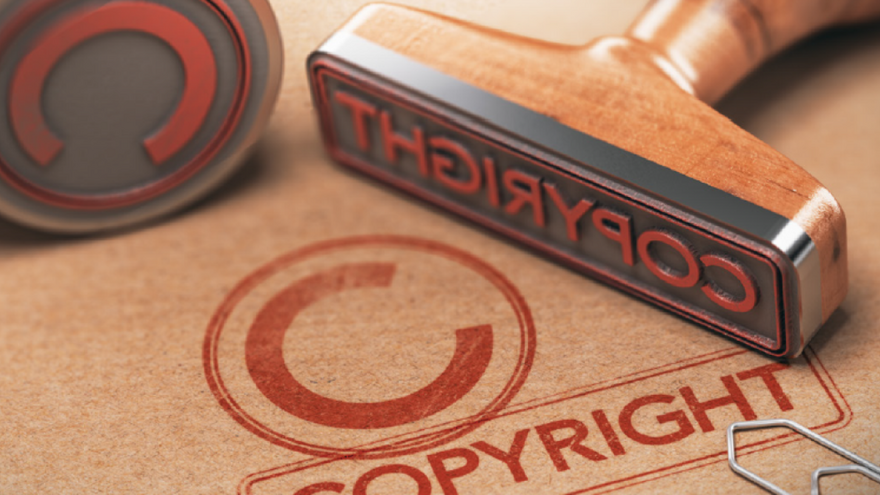
Securing your intellectual property before sale or seeking investment
Intellectual property is arguably the most important asset of any tech business. The products and services of any tech business will inevitably include intellectual property, be it a software solution or a new and innovative product or process.
Intellectual property rights, which include copyright, trade marks, patents, and design rights, allow the owner to prevent third parties from copying, using, selling or distributing, and profiting from their innovations.
It is vital that tech businesses ensure that their intellectual property is documented and protected as early as possible (and on an ongoing basis), to ensure that they are in the best position to take action if a third party copies or otherwise infringes their rights.
Taking such action will also put the business owners in a good position if they come to either sell the business or seek investment. Buyers and investors are particularly keen to establish: (a) what intellectual property exists and how it is protected, particularly if there are potentially registrable rights such as patents or trade marks; and (b) that the intellectual property is in fact owned by the business. Ownership of intellectual property is not always straightforward. Under UK law, a business will automatically own intellectual property rights created by its employees in the course of their employment.
However, if the business engages a consultant or freelancer to work on a project, unless the contract between them specifically transfers ownership of all intellectual property rights to the business, those rights will remain with the consultant/freelancer. In an increasingly international landscape, it is even more important to ensure that ownership is clearly documented (and transferred where necessary) as the position on ownership is not the same in all countries. The last thing a business owner wants is to lose a potential sale or investment, or face a significant reduction in value, because they are unable to satisfy the potential buyer/investor that they actually own the intellectual property that they believe is theirs.
Intellectual property rights that a business may own include:
- Trade Marks: most businesses have names and logos as part of their brand identity. These words and images may be protected as trade marks (subject to meeting the legal requirements for protection) and once registered the owner has a monopoly right over the trade mark in respect of the products and services it is registered for. Trade marks are registered for 10 years, and registration can be renewed.
- Copyright: copyright protection arises automatically on creation of an original ‘work’, including books, articles, instruction manuals, website content and other written works, design/technical drawings, photographs, logos or icons, software, databases, spreadsheets, screen displays/GUIs (graphical user interface), sound effects, and sound recordings. Copyright does not protect ideas alone – it is the ‘expression’ or documentation of those ideas that is protected. How long copyright protection lasts varies depending on the work, ranging from 25 years to 70 years after the creator’s death. Because copyright is not registered in the UK, it is important to maintain a record of all copyright works from creation.
- Patents: if you have invented a unique product, machine, or chemical composition, this may be protected as a patent. Patent protection is not available for every invention, and exclusions include ways of doing business, scientific theories, mathematical methods, software which does not have a technical purpose, and methods of medical treatment or diagnosis. If registered, a patent can be protected for up to 20 years.
- Design Rights: registering a design can help protect the appearance of a new product, such as its shape, configuration or pattern. If registered, a design can be protected for up to 25 years. Certain designs (the shape and configuration of a 3D object and the appearance of a product) may also benefit from unregistered rights, which are protected for between three and 15 years depending on the type of design.
Our top four tips:
- Keep an up-to-date record of all of your intellectual property, including when it was created, who created it and their relationship to the business. This should also record developments to your intellectual property, such as signed and dated drawings or documents.
- Consider which of your intellectual property rights may be registered, and whether that is appropriate for your business.
- Ensure that you have contracts in place with third party suppliers which clearly state whether you own the intellectual property in the supplier’s work for you (and include appropriate provisions to transfer ownership to you).
- Consider your business structure and where your intellectual property is held: individually, by the business or in a separate holding company. This should be discussed with your financial and tax advisers as there may be different tax implications depending on where assets are held.
For further information or if you wish to discuss any intellectual property matters including those outlined in this article, contact James Howarth at [javascript protected email address] or Jenna Bruce at [javascript protected email address] or call 01908 672682
The information on this site about legal matters is provided as a general guide only. Although we try to ensure that all of the information on this site is accurate and up to date, this cannot be guaranteed. The information on this site should not be relied upon or construed as constituting legal advice and Howes Percival LLP disclaims liability in relation to its use. You should seek appropriate legal advice before taking or refraining from taking any action.
